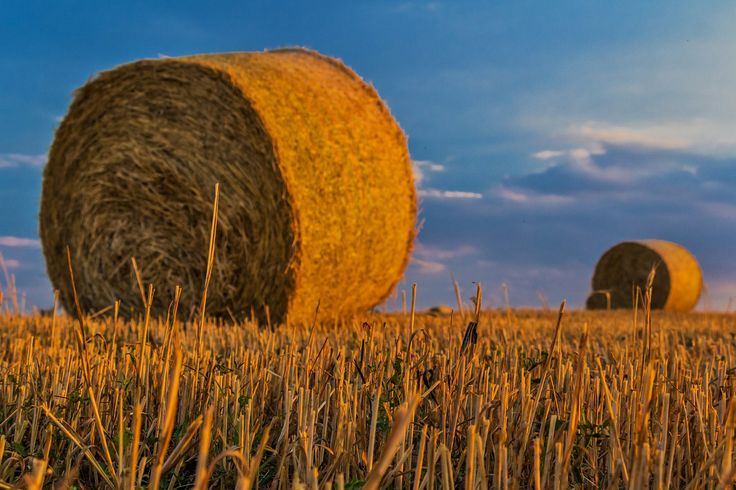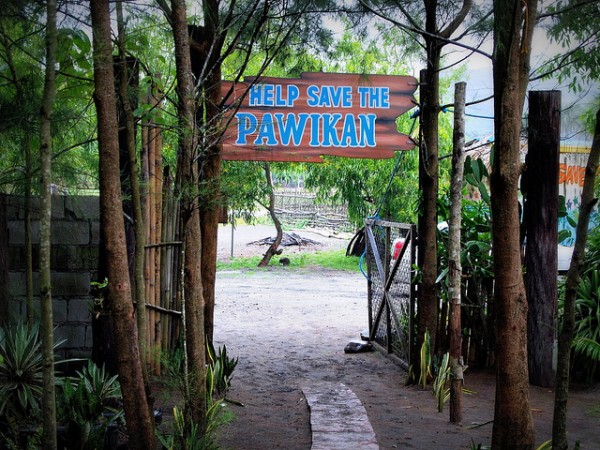Just one poor harvest away. That is how far the world could be from an abrupt interruption in the global food supply if continuing trends in food security issues are left neglected, according to Earth Policy Institute President Lester Brown.
Renowned environmental analyst and author Lester Brown highlighted World Food Day (October 16) with ten insights on the global food situation. Lester Brown is founder of both World Watch Institute and Earth Policy Institute. He has written and co-written more than 50 books and publications on global environment issues.
Some of the key insights shared by Dr. Brown in his guest post in Treehugger are:
The world’s agricultural system is more and more out of sync with the changing climate.
Existing agricultural systems and practices have been developed to maximize production according to the stable climate system experienced by farmers for thousands of years. Today’s generation of farmers are the first to face man-made climate change effects which radically affect agriculture such as:
- Extreme weather events – monsoon failures, extreme droughts, and intense heat waves which causes dramatic drops in harvests
- High global temperatures – affects pollination and lessens photosynthesis crucial to basic food crops.
- Glacier retreat – indirect effect of rising global temperatures, could cause widespread food shortage.
Agriculturally advanced producer countries have hit the glass ceiling of crop yields.
Leaders in raising crop yields and productivity such as Japan and France are facing a plateauing of basic food crop yields. Ever since raising crop yields have replaced surface area expansion as the main driver of grain production, country after country have doubled, tripled, and even quadrupled their respective harvests. By 2011 agriculturally advanced countries have tripled the average world grain yield thanks to breakthroughs in fertilization, irrigation, and production of high-yield varieties.
However, grain yields as biological growth processes cannot naturally continue climbing indefinitely. Photosynthesis efficiency and local climate play a role in limiting rising crop yields. Among those which have hit the glass ceiling of crop productivity are Japan and South Korea, two major rice producers in Asia. France, Germany, and the United Kingdom have also hit the glass ceiling in wheat yields.
Melting Asian mountain glaciers could indirectly cause widespread food shortages.
Rising temperatures and climate change have affected glaciers around the world. Glacier retreat will cause drastic harvest reduction in agricultural areas dependent on glacial fed dry-season irrigation flows. The following ice loss data are gathered by the Earth Policy:
- By 2100, 90 percent of glaciers in the Alps could be wiped out and hurt hydropower, water supplies, and tourism in relevant regions.
- Ice loss in tropical Andean glaciers has more than tripled in the last 3 decades, affecting surrounding regions.
- Himalayan glaciers are shrinking and affecting hundreds of millions of people that its waters sustain.
The glaciers that feed major rivers in India and China are also melting. The Indus, Ganges, Yellow, and Yangtze river basin sustain farm lands that rely on rivers for irrigation. Without ice melt to irrigate crops, unmanageable food shortages could result from consequent poor harvests.





Leave a Comment